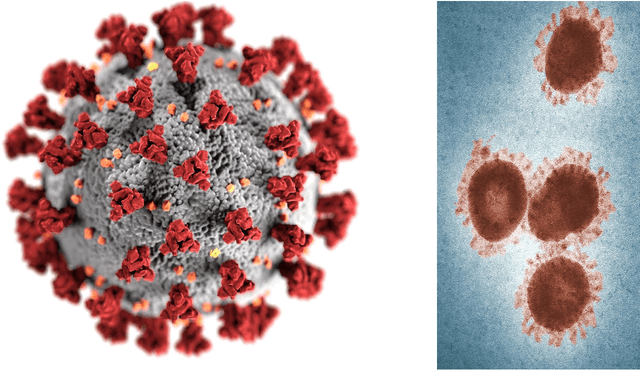This is what a pandemic looks like: Visual framing of COVID-19 on search engines
Paper and Code
Sep 22, 2022

In today's high-choice media environment, search engines play an integral role in informing individuals and societies about the latest events. The importance of search algorithms is even higher at the time of crisis, when users search for information to understand the causes and the consequences of the current situation and decide on their course of action. In our paper, we conduct a comparative audit of how different search engines prioritize visual information related to COVID-19 and what consequences it has for the representation of the pandemic. Using a virtual agent-based audit approach, we examine image search results for the term "coronavirus" in English, Russian and Chinese on five major search engines: Google, Yandex, Bing, Yahoo, and DuckDuckGo. Specifically, we focus on how image search results relate to generic news frames (e.g., the attribution of responsibility, human interest, and economics) used in relation to COVID-19 and how their visual composition varies between the search engines.
 Add to Chrome
Add to Chrome Add to Firefox
Add to Firefox Add to Edge
Add to Edge